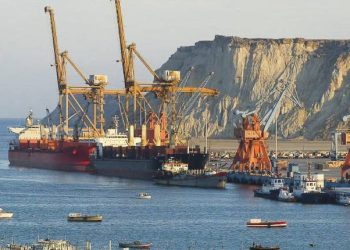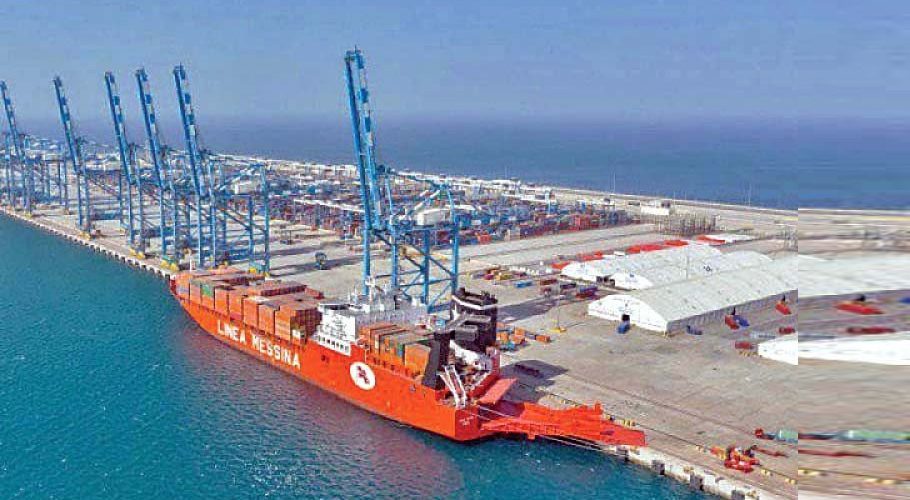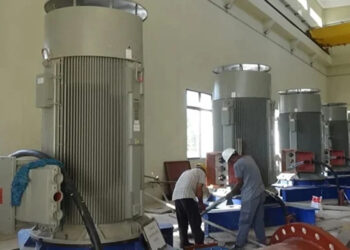Finance Minister Muhammad Aurangzeb has ruled out any retaliatory measures against the recent tariffs imposed by the United States under President Donald Trump’s administration.
Prior to Trump’s announcement of a temporary suspension, Pakistani exports were at risk of facing a 29% tariff. While a blanket 10% duty on most US imports remains in place, Aurangzeb emphasized the need for dialogue rather than confrontation.
“There is a minimum 10% tariff and an additional component—we need to engage on this issue,” Aurangzeb said in a BBC interview. When asked about reciprocal tariffs, he responded, “The answer is no.”
Addressing growing global uncertainty, he stressed the importance of strategic cooperation and highlighted Pakistan’s long-standing ties with both the US and China.
A study by the Pakistan Institute of Development Economics (PIDE) warned that the cumulative tariff could reach 37.6%, potentially reducing exports to the US by 20–25%, causing annual losses of $1.1–1.4 billion—primarily impacting the textile sector, Pakistan’s largest export industry.
Despite the risks, PIDE urged Pakistan to seize the moment for strategic reform. In the short term, it recommended diplomatic engagement. For the long term, it proposed export diversification targeting markets in the EU, China, ASEAN, Africa, and the Middle East in sectors like IT, halal food, and sports goods.

































